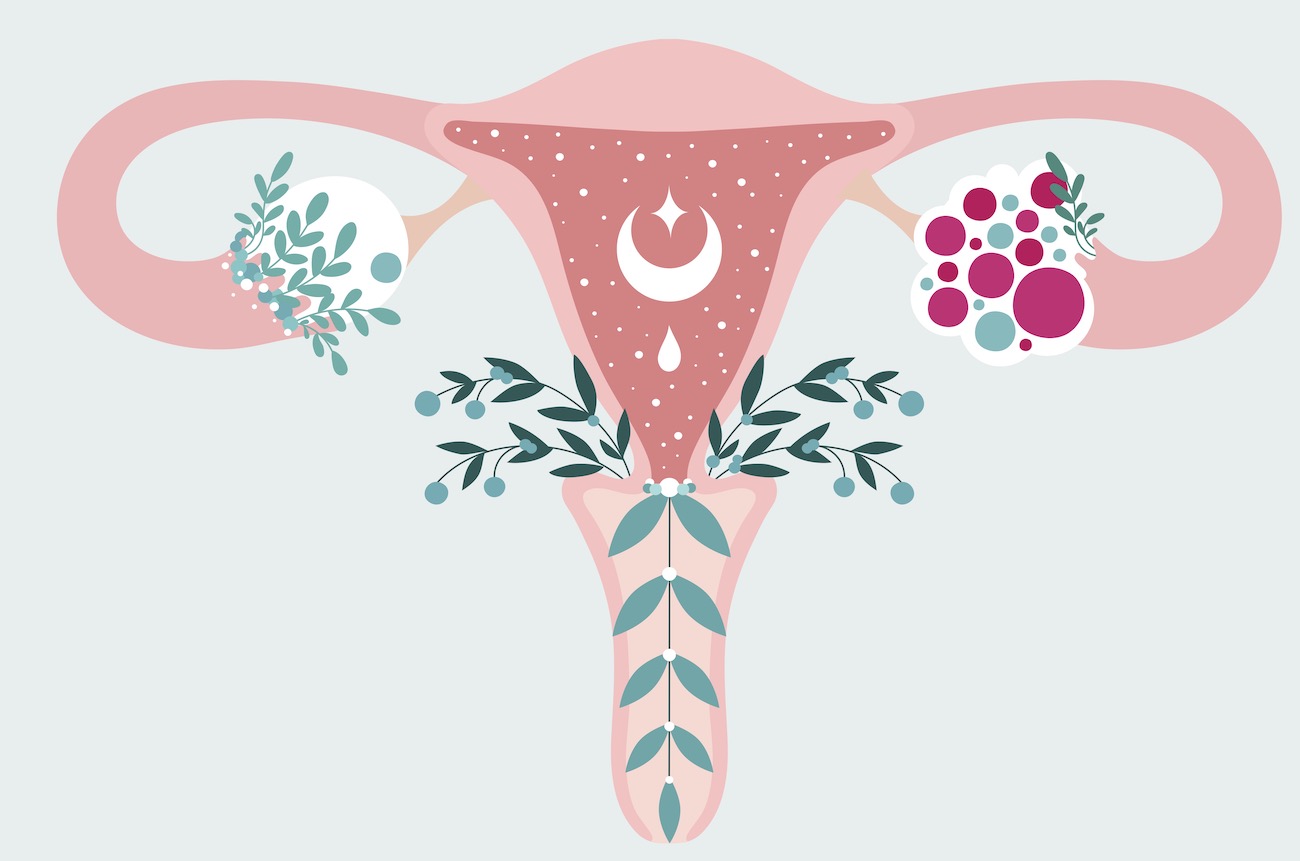What is PCOS?
While PCOS is known to be one of the leading causes of infertility, impacting up to 5 million women in their reproductive years, it can have health implications well beyond childbirthing years. The cause of PCOS is not well understood and is thought to be multifactorial. In general, however, most women with PCOS suffer from insulin resistance. When a person has insulin resistance, their cells require increased insulin to respond to the presence of glucose. As a result, many women with PCOS are at a higher risk for Type 2 diabetes. Women with PCOS typically often have higher levels of androgen hormones, such as testosterone, which is responsible for many of the physical symptoms of PCOS.
Women with PCOS often have atypical ratios of luteinizing hormone (LH) relative to follicle-stimulating hormone (FSH). The proportion of these hormones is very important to the development of the growing follicles, and therefore this abnormal level can negatively impact follicle growth and egg quality. This can also contribute to dysfunctional ovulation or anovulation.
PCOS Symptoms
PCOS is diagnosed by the presence of many PCOS symptoms, lab levels, and ultrasound observations. While there is not a diagnostic test to determine if an individual has PCOS, a clinical diagnosis is made when a woman has two of the following;:
- Cycle irregularity due to ovarian dysfunction, such as absent period or irregular cycles
- Increased androgens (male hormones)
- Polycystic and enlarged ovaries
Other hormonal conditions can cause cycle irregularity such as thyroid disorders, therefore it is important to speak with your doctor before drawing any conclusions about a condition you suspect you may have.
In general, PCOS can present in many different ways. Common symptoms of PCOS include:
- Acne
- Atypical facial and body hair growth
- Anovulation (No ovulation)
- Irregular or prolonged cycles
- Polycystic ovaries, with a “string of pearls” observed on ultrasound
- Increasing weight
- Challenges losing weight
- Hair loss
- Infertility or difficulty conceiving
The Impact of PCOS on Fertility
PCOS is the most common ovulatory disorder impacting women in their reproductive years. To get pregnant, the ovary must release an egg that has fully matured. In PCOS, the egg often has not fully matured due to the atypical hormone levels. If this happens on a given cycle, the woman may not ovulate, or may not ovulate a fully matured egg and therefore will not be able to conceive during that cycle. It is also possible for the egg to develop as it should but not successfully release. When this happens, the body prepares to ovulate with the appropriate hormonal fluctuations that lead up to ovulation, but the main event, ovulation, does not take place. When this happens, the woman may have another surge in hormones later in the cycle in an attempt to ovulate, or may not ovulate at all that cycle. Finally, since women with PCOS frequently suffer from irregular cycles, knowing when ovulation will occur can be very challenging to predict, making it difficult to time the fertile window properly.
While the diagnosis of PCOS can be shocking and unfortunate news, thanks to both lifestyle and medical approaches, there are many appropriate interventions to help women with PCOS both manage the symptoms and successfully conceive.
Sources:
https://fertilityresearchandpractice.biomedcentral.com/articles/10.1186/s40738-020-00094-z
https://www.shadygrovefertility.com/blog/pcos-one-size-doesnt-fit-all/
https://www.ncbi.nlm.nih.gov/pmc/articles/PMC4433074/
https://proovtest.com/blogs/blog/getting-pregnant-with-pcos
https://www.mayoclinic.org/diseases-conditions/pcos/diagnosis-treatment/drc-20353443



